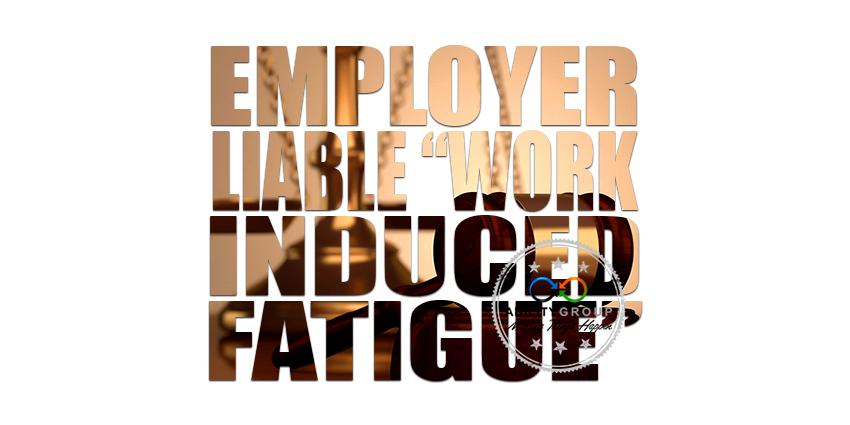On 30 June 2022, the New South Wales Supreme Court handed down a significant decision in Matinca v Coalroc (No 5) [2022] NSWSC 844. The case involved an underground coal miner who suffered severe injuries, including a traumatic brain injury and multiple fractures, after a motor vehicle accident while travelling home from work. The accident occurred approximately 260 kilometres (2.5 hours) from the workplace, and the employee’s legal team argued it was caused by work?induced fatigue.
The Court found that:
- The employer failed to insist on a personal travel management plan, despite having fatigue procedures in place.
- The company’s duty of care extended beyond the workplace, covering risks associated with long commutes after demanding shifts.
- The employer was liable in negligence, as it did not adequately manage the foreseeable risk of fatigue?related accidents.
Why This Matters for Employers
This ruling sets a precedent that employers must take fatigue management seriously, even outside direct work hours. Key implications include:
- Extended duty of care: Employers may be responsible for risks that occur during travel home.
- Legal liability: Failure to implement effective fatigue policies can result in negligence claims.
- Financial impact: Compensation claims from fatigue?related accidents can reach millions of dollars.
Employer Responsibilities
To reduce liability, employers should:
- Implement comprehensive fatigue management plans, including personal travel risk assessments.
- Provide training and education on fatigue awareness and safe commuting.
- Monitor shift lengths and avoid excessive working hours.
- Encourage employees to report fatigue concerns without fear of reprisal.
Practical Steps for Compliance
- Review WHS policies to ensure fatigue risks are addressed.
- Audit current practices for gaps in fatigue management.
- Engage supervisors to enforce travel management plans.
- Document procedures to demonstrate compliance in case of legal disputes.
Conclusion
The NSW Supreme Court’s decision confirms that employers can be held liable for accidents caused by work?induced fatigue. Businesses must adopt proactive fatigue management strategies to protect workers, reduce risks, and meet their duty of care obligations.
Contact ABILITY GROUP to know more
Source: Human Resources Director
Title: Supreme Court favors employee in million-dollar lawsuit over ‘work-induced fatigue’
Read time: 5 mins

